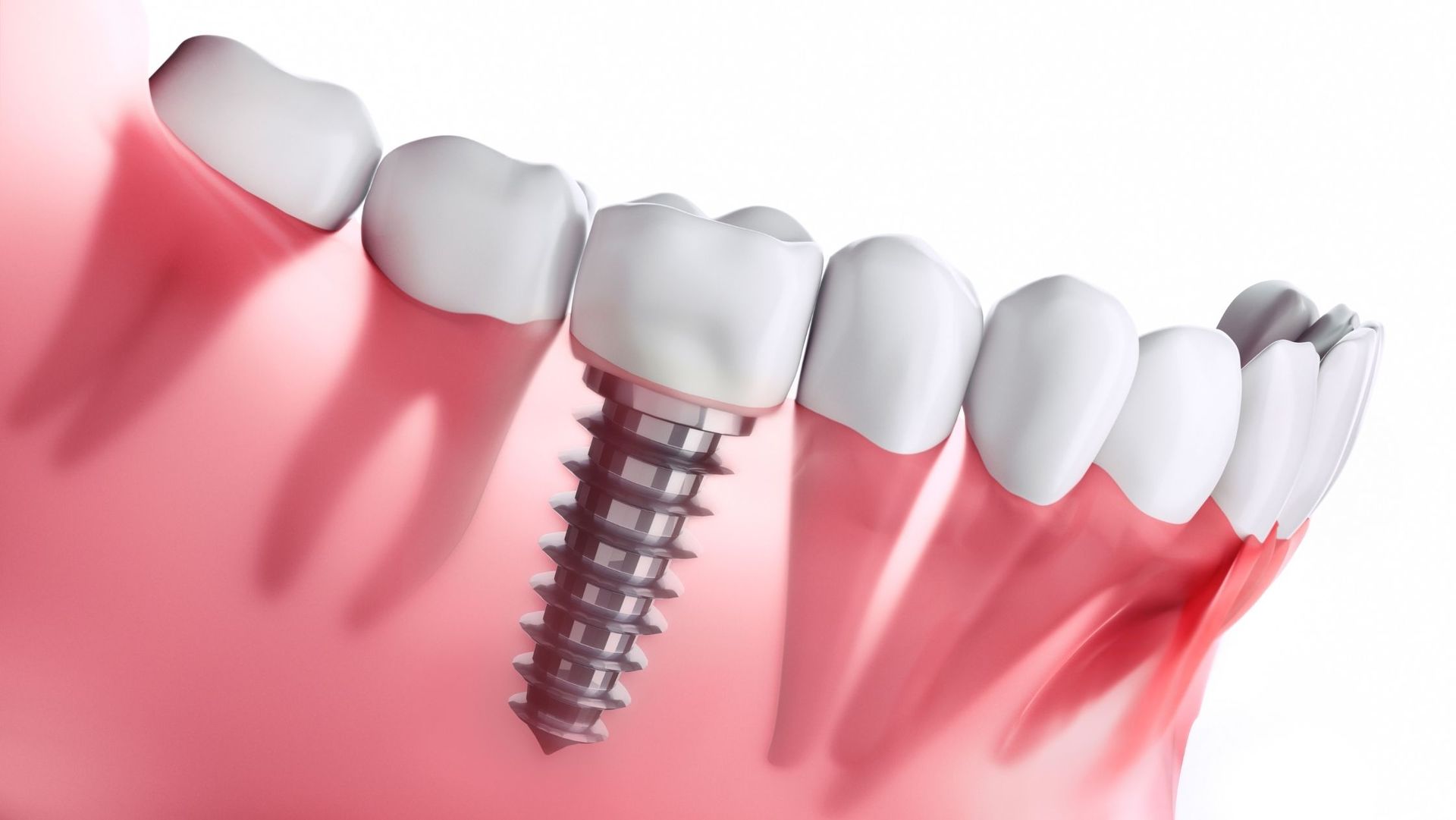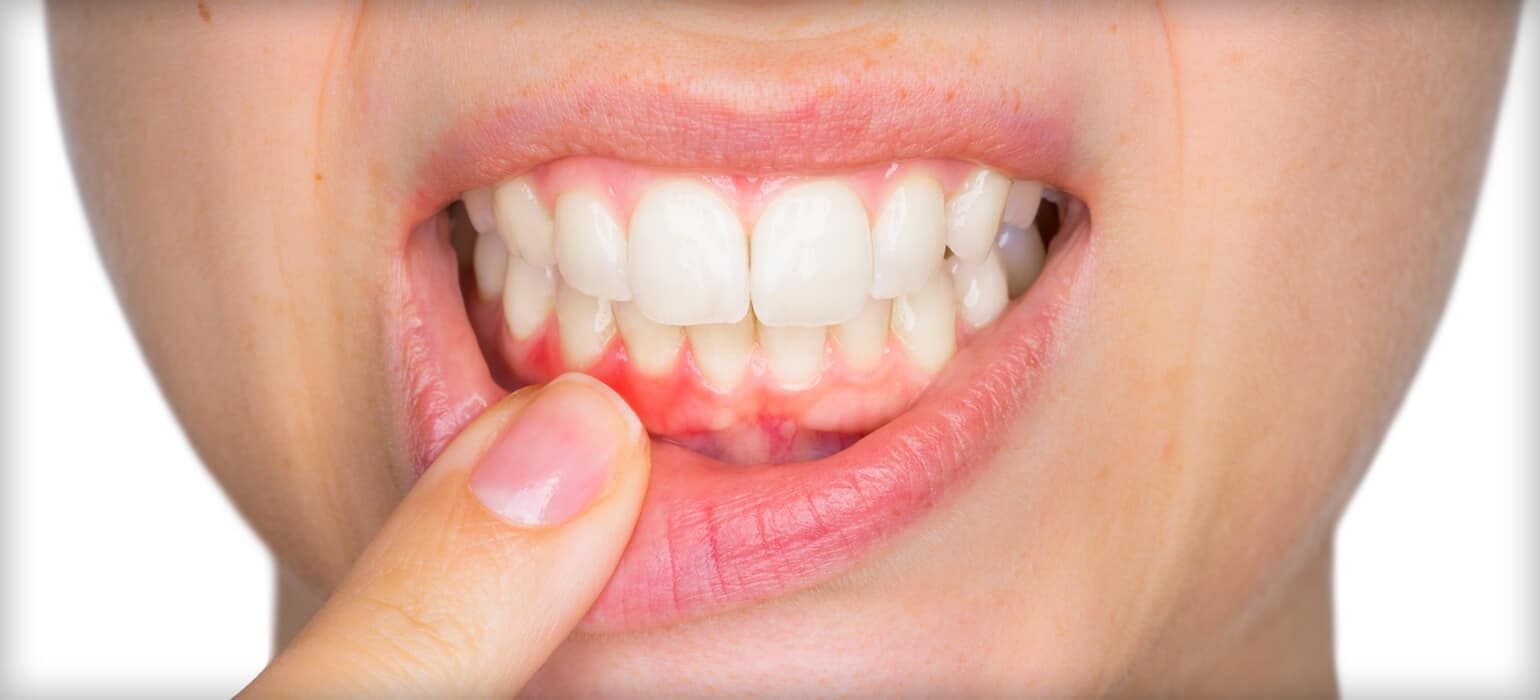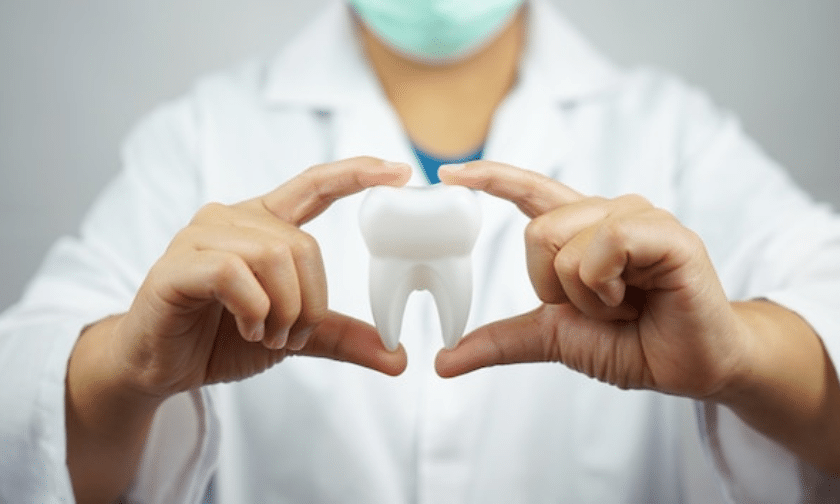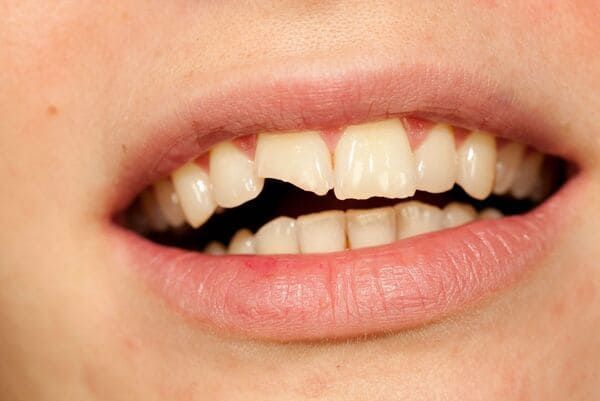Heart and Mouth Connection: The Impact of Oral Health on Your Heart
Taking care of your oral health is crucial not only for your teeth and gums but also for your overall health. Recent studies have found a heart and mouth connection. Maintaining or restoring your oral health also helps keep your heart and cardiovascular system healthy.
The link between oral health and heart health
Several studies have found a link between gum disease, also known as periodontitis, and heart disease. Periodontitis is a bacterial infection that affects the tissues that support your teeth. When you have periodontitis, the bacteria from your mouth can enter your bloodstream and travel to other parts of your body, including your heart. This can cause inflammation in your heart's blood vessels, leading to heart disease and other cardiovascular problems.
Researchers have also found that people with gum disease have a higher risk of developing atherosclerosis, a condition in which plaque builds up inside your arteries. Atherosclerosis can narrow your arteries, reducing blood flow to your heart and increasing your risk of a heart attack or stroke.
In addition, people with gum disease may also have an increased risk of developing endocarditis, an infection of the inner lining of your heart. Endocarditis can damage your heart valves, leading to serious heart problems.
How to keep your heart healthy by taking care of your oral health
The good news is that taking care of your oral health can help prevent gum disease and reduce your risk of developing heart disease. Here are some tips to keep your oral health in check:
Brush your teeth twice a day
Brushing your teeth twice a day is essential for maintaining good oral hygiene. Use a soft-bristled toothbrush to clean your teeth and gums thoroughly. Make sure to brush for at least two minutes, focusing on each quadrant of your mouth.
Floss daily
Flossing is just as important as brushing your teeth. It helps remove plaque and food particles from between your teeth and along your gum line. Make sure to floss at least once a day, using a gentle back-and-forth motion.
Visit your dentist regularly.
Regular dental check-ups are crucial for maintaining good oral health. Your dentist can detect early signs of gum disease and other dental problems and provide the necessary treatment. Make sure to visit your dentist at least twice a year.
Quit smoking
Smoking is one of the significant risk factors for gum disease and heart disease. Quitting smoking can help improve your oral health and reduce your risk of developing heart disease.
Eat a healthy diet
A healthy diet is essential for maintaining good oral health and reducing your risk of developing heart disease. Avoid sugary and acidic foods that can damage your teeth and gums. Instead, choose a balanced diet rich in fruits, vegetables, whole grains, and lean protein.
Manage your stress
Stress can also affect your oral health and increase your risk of developing gum disease. Finding ways to manage your stress, such as meditation, yoga, or exercise, can help improve your overall health and reduce your risk of developing heart disease.
The
biofilms and the kinds of microbes in your mouth impact the cardiovascular diseases you risk developing, doing all you can to keep your body and mouth healthy benefits not only your oral health but also your heart.
Heart and Mouth Connection
In conclusion, taking care of your oral health is crucial for maintaining good heart health. A balanced lifestyle that appreciates the connection of the mouth and body, realizes one impacts the other. If our mouth isn’t healthy, we risk diseases in other parts of our body because it is all intricately connected. If you are concerned for your oral health, please contact us for a consult we provide gum disease treatment in Salem, MA, and many other therapies to maintain and restore your oral health.










